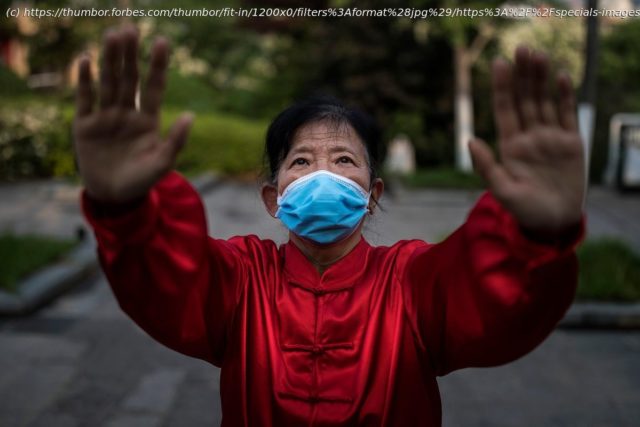The war of words has only just begun.
The new SARS mystery is entering its ACT III, and in this act, the U. S., Australia, and the United Kingdom all lash out at China for its lackluster biosafety features at one of its most secure virology labs.
Over the weekend was yet another page turner in the new SARS origin story. Secretary of State Mike Pompeo said that it escaped a P4 Wuhan virology research center, and — making matters worse — China hit its knowledge of a potential escape by using its time before notifying the world of the outbreak to vacuum up medical safety gear from Brazil, and elsewhere. In other words, China feared something big was coming.
Chinese leaders “intentionally concealed the severity” of the pandemic from the world in early January, according to a four-page Department of Homeland Security intelligence report dated May 1 and obtained by The Associated Press and reported on Sunday. Pompeo said on the morning talk shows yesterday that China is notorious for releasing animal born diseases on the world, such as the first SARS in 2002-03, and the latest swine flu that led to the culling of a massive pig herd in China. Pompeo said China was “responsible for the spread of disease and must be held accountable.”
In what was at first a theory circulating by the likes of “Tyler Durden” at Zero Hedge and — more recently — Tucker Carlson, the Wuhan lab has become a center of attention in the pandemic. Earlier last month, the Washington Posts’s Josh Rogin released a report based on emails and other communication cables shared between the State Department in Washington and its Embassy staffers in Beijing about the biosafety hazard at the Wuhan Institute of Virology, the highest level biosecurity lab in all of China. They were doing research there on bat coronaviruses.
“I don’t think they were splicing and dicing the virus in the lab, but it is hard to know because China is not letting people talk about it,” says Jamie Metzl, a former high level staffer with then-president Bill Clinton and ex-Senator Joe Biden. He is now a senior fellow at The Atlantic Council. “When you look at their actual behavior with regards to that lab, it looks like a cover up to me,” he says.






